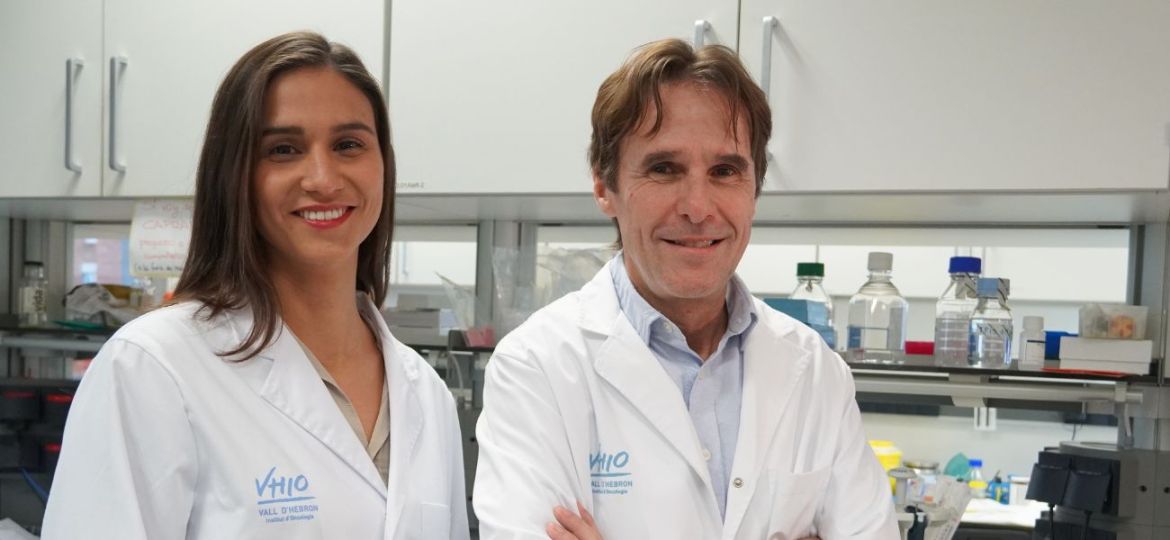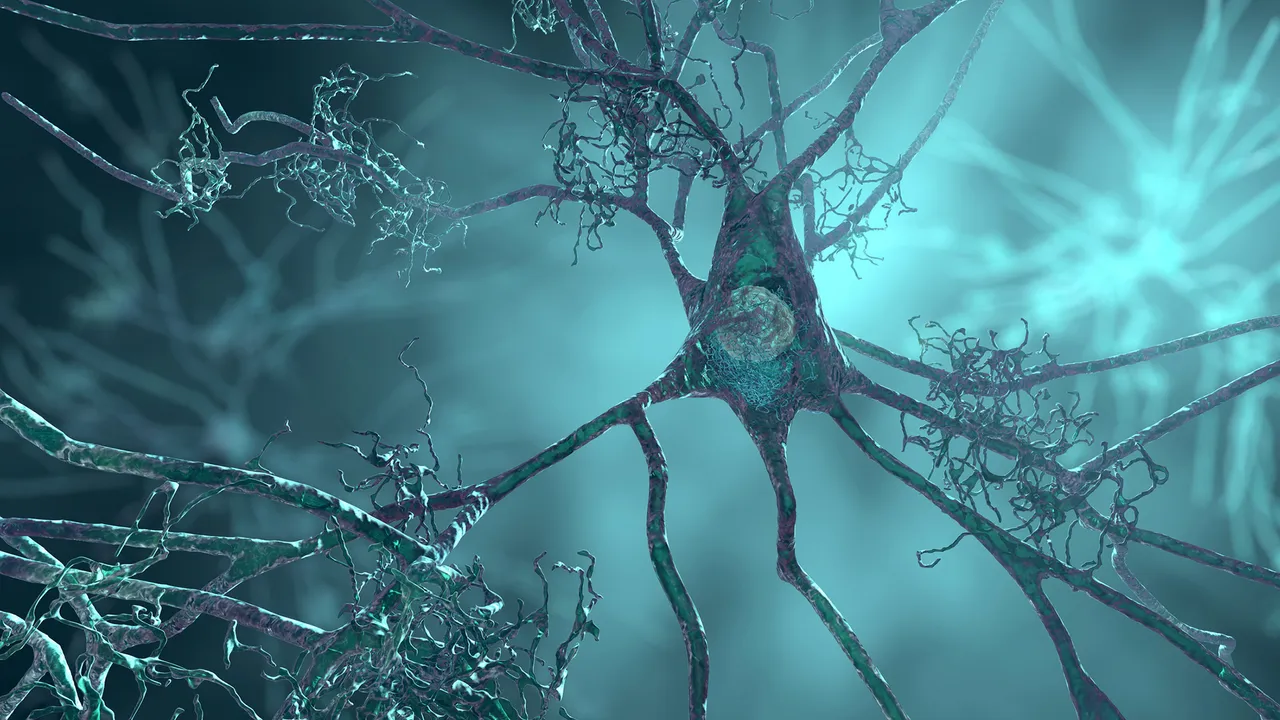Cedars-Sinai Cancer Stem Cell Transplant and Cellular Therapy Program Receives Expanded Accreditation and Top Ranking for Patient Survival Rates
by Christina Elston – Cedars Sinai
Image: Illustration of CAR (chimeric antigen receptor) T cell immunotherapy, a process that is being developed to treat cancer. T cells (blue), part of the body’s immune system, are taken from the patient and have their DNA (deoxyribonucleic acid) modified by viruses (spiky spheres) so that they produce chimeric antigen receptor (CAR) proteins. These proteins will be specific to the patient’s cancer. The modified T cells are then multiplied in the laboratory before being reintroduced to the patient. Illustration by Getty.
The Stem Cell and Bone Marrow Transplant Program at Cedars-Sinai Cancer was recently recognized with two important hallmarks of quality: official accreditation for CAR T-cell therapy, and a third year in a row ranking among the top adult bone marrow transplant programs in the U.S.
“Both achievements are reason to celebrate, because they reflect the quality of care that our center is providing to patients—and ultimately, exceptional patient outcomes and survival,” said Ronald Paquette, MD, clinical director of the Stem Cell and Bone Marrow Transplant Program and director of Myeloid Malignancies. “Our team brings their best efforts to work each day, because we have the privilege of serving patients who trust us with their lives.”




